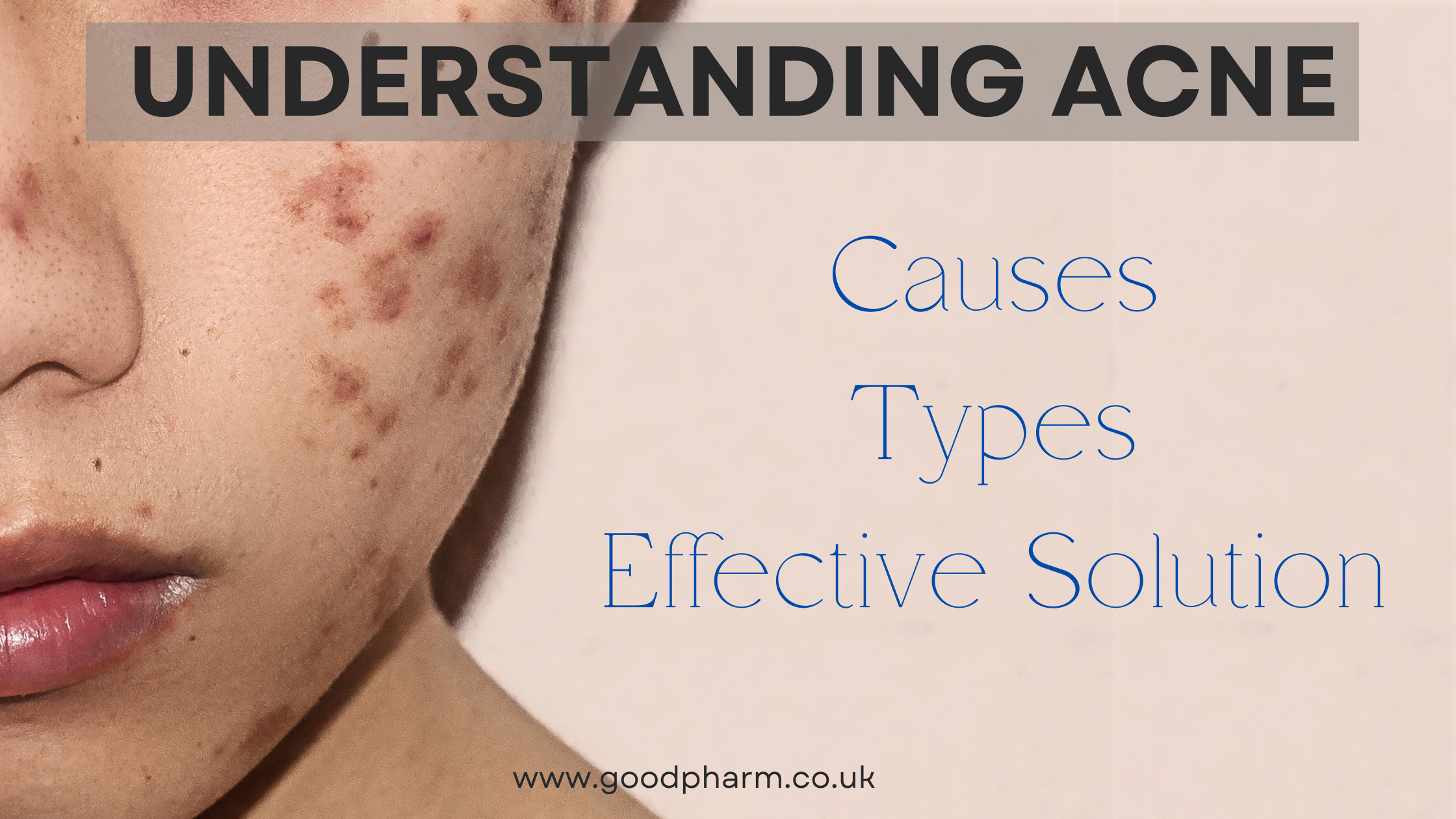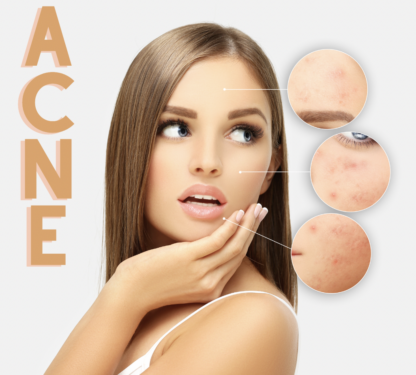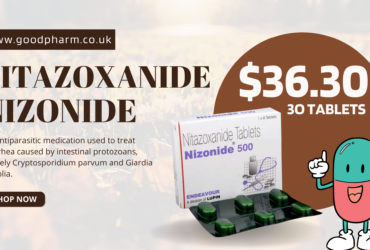- Your cart is empty
- Continue Shopping
Understanding Acne: Causes, Types, and Effective Solutions

Acne is a common skin condition that affects people of all ages and backgrounds. It can be both physically and emotionally distressing, impacting self-esteem and confidence. However, understanding the causes, types, and effective solutions for acne can help you manage and even prevent breakouts. In this blog post, we’ll dive into the world of acne, exploring its causes and offering practical solutions to achieve clearer, healthier skin.
The Basics of Acne
What is Acne?
Acne, also known as acne vulgaris, is a skin condition characterized by the formation of pimples, blackheads, whiteheads, and sometimes deeper cysts or nodules. It occurs when hair follicles become clogged with oil and dead skin cells, leading to inflammation and the development of these blemishes.
Common Causes:
Several factors contribute to the development of acne, including:
- Excess Oil Production: Overproduction of sebum (skin oil) can clog pores.
- Clogged Pores: When dead skin cells and oil block hair follicles.
- Bacteria: The presence of P. acnes bacteria can worsen inflammation.
- Hormonal Changes: Hormone fluctuations, such as during puberty or menstruation.
- Diet: Certain foods may trigger acne in some individuals.
- Stress: High stress levels can exacerbate acne.
Types of Acne
Non-Inflammatory Acne:
- Blackheads: Open comedones resulting from clogged pores with a dark appearance.
- Whiteheads: Closed comedones with a white or flesh-colored bump.
Inflammatory Acne:
- Papules: Small, red bumps.
- Pustules: Red bumps with pus at the top.
- Nodules: Large, painful, solid lumps beneath the skin’s surface.
- Cysts: Deep, painful, pus-filled lumps that can cause scarring.
Effective Solutions for Acne
Skincare Routine:
- Gentle Cleansing: Use a mild, non-comedogenic cleanser twice a day to remove excess oil and impurities.
- Exfoliation: Exfoliate with a gentle scrub or chemical exfoliant to remove dead skin cells.
- Moisturizing: Use a non-comedogenic moisturizer to keep your skin hydrated.
Lifestyle Changes:
- Diet: Consume a balanced diet rich in fruits, vegetables, and whole grains. Avoid excessive sugar and dairy consumption.
- Hydration: Drink plenty of water to keep your skin well-hydrated.
- Stress Management: Practice stress-reduction techniques like yoga or meditation.
Over-the-Counter (OTC) Products:
- Topical Treatments: OTC products containing ingredients like benzoyl peroxide, salicylic acid, or alpha hydroxy acids can help.
- Spot Treatments: Apply spot treatments directly on pimples to speed up healing.
Professional Treatments:
- Prescription Medications: In severe cases, a dermatologist may prescribe antibiotics, oral contraceptives, or isotretinoin.
- Chemical Peels: These treatments can help with acne and scarring.
- Laser Therapy: Laser treatments may reduce acne and improve skin texture.
Conclusion:
Acne is a common skin condition, but it can be managed and treated effectively with the right approach. By understanding the causes, recognizing the types of acne you may have, and implementing a comprehensive skincare routine, you can achieve clearer, healthier skin. Remember that patience and consistency are key when dealing with acne, and if your acne is severe or persistent, consult a dermatologist for personalized guidance and treatment options.





